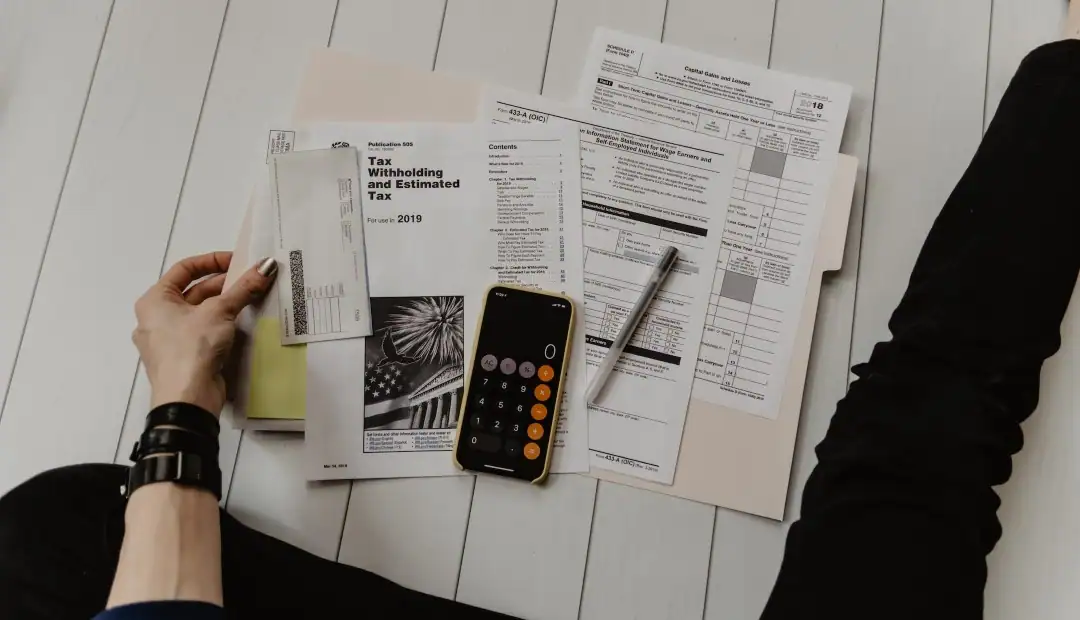
Driving Towards Tax Savings: Unveiling the Power of Uber Tax Deductions
June 22, 2023As an Uber driver, understanding tax deductions is crucial for optimizing your profits and reducing your tax liability. By taking advantage of eligible deductions, you can significantly lower your taxable income and keep more money in your pocket. In this comprehensive guide, we will demystify Uber tax deductions, providing you with essential tips, strategies, and frequently asked questions to help you navigate the tax landscape and maximize your earnings.
The Importance of Uber Tax Deductions
Understanding and utilizing tax deductions can make a significant impact on your bottom line as an Uber driver. By claiming eligible deductions, you can lower your taxable income, reduce your tax liability, and increase your overall profitability.
Understanding Tax Deductions for Uber Drivers
Tax deductions are expenses that can be subtracted from your gross income, reducing the amount of income subject to taxation. As an Uber driver, you are considered self-employed, which means you can claim deductions for business-related expenses incurred while operating your Uber business.
Common Uber Tax Deductions to Consider
Vehicle Expenses: Deductible expenses include lease payments, depreciation, interest on auto loans, and registration fees related to your Uber vehicle.
Insurance and Maintenance Costs: Deduct the cost of auto insurance, repairs, oil changes, and regular vehicle maintenance.
Fuel and Mileage: Keep track of your fuel expenses and mileage driven for Uber business purposes. You can deduct either the actual vehicle expenses or use the standard mileage rate provided by the IRS.
Uber Fees and Commissions: Deduct the fees and commissions paid to Uber for using their platform.
Phone and Internet Expenses: If you use your phone and internet for Uber-related purposes, a portion of these expenses can be deductible.
Vehicle Registration and Licensing Fees: Deduct the costs associated with registering and licensing your Uber vehicle.
Professional Services and Software: Expenses incurred for tax preparation, accounting services, or rideshare-specific software can be deductible.
Keeping Accurate Records
Maintaining accurate and detailed records is vital for claiming Uber tax deductions. Keep records of all your business-related expenses, including receipts, mileage logs, and invoices. Consider using digital tools or apps to simplify record-keeping and ensure you have a comprehensive record of your deductible expenses.
Strategies for Maximizing Your Uber Tax Deductions
Separate Business Expenses from Personal Expenses: Maintain separate accounts and payment methods for your Uber business to clearly distinguish business expenses from personal expenses.
Consider Using the Standard Mileage Rate: The standard mileage rate set by the IRS can often provide a higher deduction than actual vehicle expenses. Calculate and compare both methods to determine the most beneficial option for your situation.
Consult with a Tax Professional: Seek guidance from a tax professional who specializes in self-employment and rideshare taxation. They can help you navigate the complexities of tax laws, identify all eligible deductions, and optimize your tax savings.
Stay Updated on Tax Laws and Regulations: Tax laws and regulations can change, so it’s important to stay informed about any updates or changes that may affect your deductions. Regularly review IRS guidelines and consult with professionals to ensure compliance and maximum tax savings.
FAQs
Can I deduct the cost of my vehicle as an Uber driver?
Yes, you can deduct vehicle-related expenses such as lease payments, depreciation, and interest on auto loans, subject to certain rules and limitations.
What documentation do I need to support my deductions?
It’s essential to keep accurate records, including receipts, invoices, mileage logs, and any other relevant documentation that supports your deductible expenses.
Can I deduct tolls and parking fees?
Yes, tolls and parking fees incurred during Uber business operations are deductible expenses.
Are there any tax deductions for Uber driver-partners who rent vehicles?
Yes, if you are renting a vehicle for Uber, you can deduct the rental fees as a business expense.
Can I deduct my cellphone expenses?
If you use your cellphone for Uber-related purposes, a portion of your cellphone expenses may be deductible. Keep records and determine the percentage of business use.
Conclusion
Maximizing your profits as an Uber driver involves understanding and utilizing tax deductions effectively. By identifying eligible deductions, keeping accurate records, and staying informed about tax laws, you can optimize your tax savings and increase your earnings. Remember to consult with a tax professional to ensure you’re maximizing your deductions and complying with all tax regulations. Take advantage of these strategies, and make the most of your Uber tax deductions to enhance your financial success as a rideshare driver.


